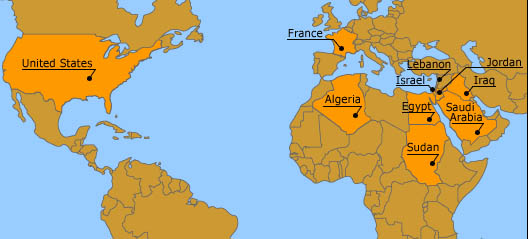Muslim women around the world have lifestyles that vary from country to country, community to community, and family to family. In secular Western democracies, some Muslim women struggle to retain their religious and cultural heritage, while others embrace the freedom to worship, dress, and work as they wish. In Muslim-majority countries, some women find the legal, cultural, and religious traditions to be repressive, while others revel in the omnipresence of Islam.
Experiences differ across the globe, but laws and, especially, local practices matter. In many Muslim-majority nations, women’s political rights exceed their rights within the family; many countries adhere to a version of Sharia (Islamic fundamentalist) law, and cultural norms are often even stricter. As a result, many Muslim women effectively have no rights, or recourse, to protect themselves — physically, sexually, financially, or otherwise — from abuse, especially by husbands. Even in countries where laws protect women, local social traditions can also drastically curtail their rights.
In some countries, reform has begun. Some Muslim nations are modifying and/or enforcing criminal codes, and others are taking steps to eliminate Sharia law. Israel, a Western-style democracy that has historically deferred to religious traditions on family issues, has recently passed laws designed to protect Muslim women and girls from abusive marriages; in Tunisia, too, women have earned equal legal rights in the home. Traditional Muslim culture has justified its restrictions by arguing that excessive female freedom weakens the family. Many Muslim women wish to prove the opposite. By expanding their rights, they seek to strengthen their families — and their religion.
- Next: Algeria



